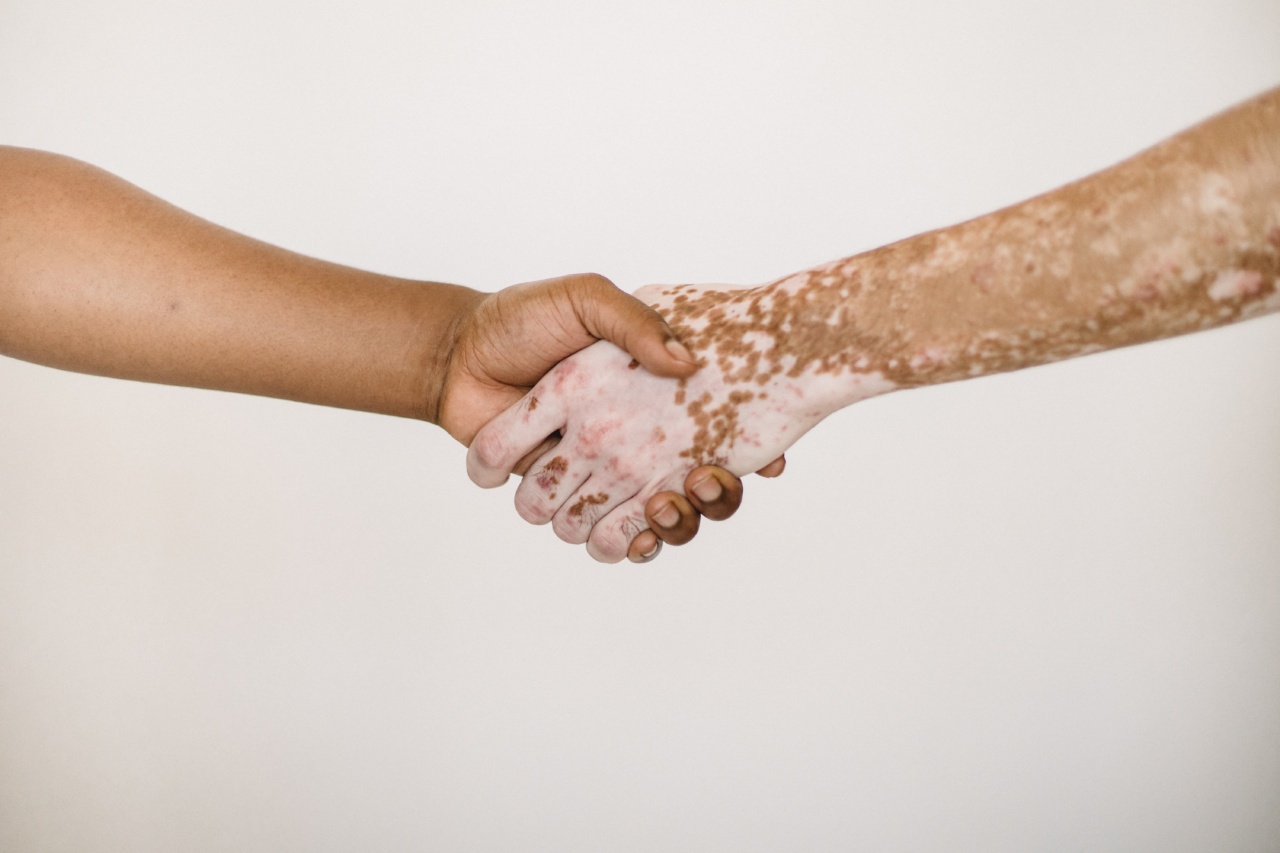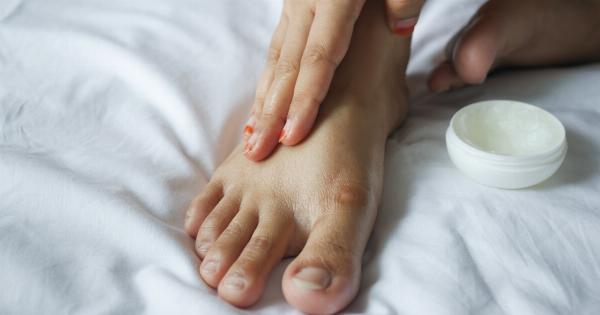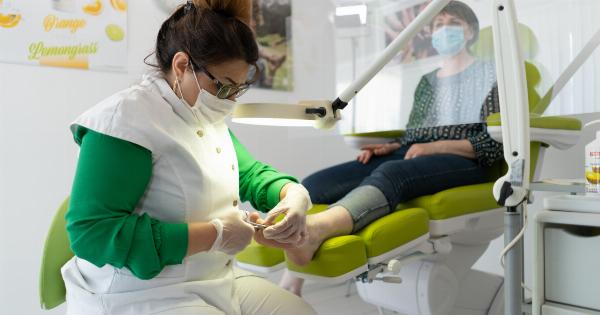Fungal diseases are caused by fungi that grow and spread in moist and warm environments. They can affect various parts of the body, including the skin, nails, mouth, throat, and genitals.
Some types of fungal diseases can be transmitted through sexual contact, and it is important to be aware of the risks and how to prevent them.
Types of Fungal Diseases
There are many types of fungal diseases that can affect humans. Some of the most common ones include:.
- Athlete’s foot: a fungal infection of the feet, which can spread to other parts of the body via scratching or touching.
- Candidiasis: a fungal infection caused by a yeast called Candida, which can affect various parts of the body, including the mouth, throat, genitals, and skin folds.
- Jock itch: a fungal infection of the groin area, which can be transmitted through skin-to-skin contact or sharing towels or clothing.
- Ringworm: a fungal infection of the skin, which can cause circular rashes on various parts of the body, including the scalp, feet, and groin.
Transmission of Fungal Diseases
Fungal diseases are typically transmitted through contact with an infected person, animal, or object. In some cases, they can also be spread through the air or soil.
When it comes to sexual contact, certain types of fungal infections can be spread through skin-to-skin contact or bodily fluids, such as semen or vaginal secretions.
For example, candidiasis can be transmitted through sexual contact with an infected person, especially if their partner has a weakened immune system.
Jock itch can also be spread through sexual contact, as the fungus can be transmitted via skin-to-skin contact with an infected person’s groin area.
Ringworm can also be transmitted through sexual contact, especially if the infected person has the infection on their genitals. Athlete’s foot, on the other hand, is typically not spread through sexual contact.
Preventing Fungal Diseases
There are several ways to prevent the transmission of fungal diseases, especially those that are spread through sexual contact. Some of these include:.
- Practice good hygiene: Wash your hands regularly, keep your skin clean and dry, and avoid sharing towels or clothing.
- Wear protective gear: If you are participating in sports or other activities that may expose you to fungal infections, wear protective gear.
- Avoid high-risk behaviors: Avoid sexual contact with infected individuals, and use condoms to reduce the risk of transmission.
- Treat infections promptly: If you suspect that you have a fungal infection, seek treatment promptly to prevent the infection from spreading to others.
Treatment for Fungal Diseases
Treatment for fungal diseases typically involves antifungal medications, which can be administered orally, topically, or intravenously. The type of medication and length of treatment can vary depending on the type and severity of the infection.
In addition to medication, it is important to practice good hygiene and avoid high-risk behaviors to prevent the infection from recurring or spreading to others.
Conclusion
Fungal diseases can be uncomfortable and even painful, and some types can be spread through sexual contact.
By practicing good hygiene, wearing protective gear, and avoiding high-risk behaviors, you can reduce your risk of contracting and spreading fungal infections. If you suspect that you have a fungal infection, seek prompt treatment to prevent complications and reduce the risk of transmission.





























